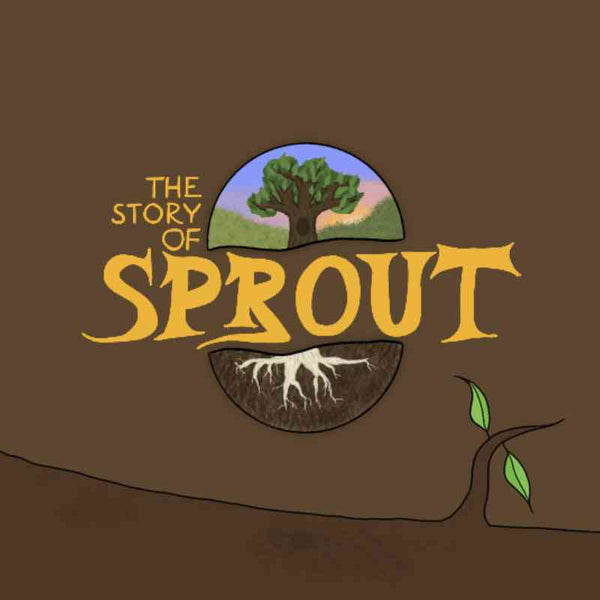Introduction.
Have you ever watched your child eagerly absorb knowledge like a sponge, only to wonder how to ensure that they don't just retain it, but actively use it in their daily lives? As parents, we cherish those lightbulb moments when our children grasp a new concept or master a skill. Yet, there's a deeper goal beyond mere accumulation of facts and figures—it's about empowering our kids to take that knowledge and transform it into action.
In today's rapidly evolving world, where information is readily accessible at our fingertips, the ability to apply knowledge is more critical than ever. It's not just about what our children know, but how they use that knowledge to navigate challenges, make informed decisions, and contribute meaningfully to society.
Let’s explore practical strategies for parents to nurture this essential skill in their children. From making learning relevant to promoting critical thinking and providing opportunities for application, we'll delve into actionable tips that you can implement at home. By the end of this post, you'll gain valuable insights and actionable advice to help your child not only absorb knowledge but also apply it confidently in their everyday lives, setting them on a path towards success and fulfillment. So, let's embark on this journey together and empower our kids to turn knowledge into action!

Table of content
Sprout Advice on Knowledge
1. Make Learning Relevant
2. Encourage Curiosity
3. Set Goals
4. Promote Critical Thinking
5. Lead by Example
6. Provide Opportunities for Application
7. Celebrate Successes
Conclusion
In our journey to empower our children, we've explored the vital connection between knowledge and action. We've discussed how, as parents, we can cultivate a mindset in our kids that encourages them not only to absorb information but also to apply it meaningfully in their lives. From making learning relevant to promoting critical thinking and providing opportunities for application, we've outlined actionable strategies to help our children become active participants in their own education.
As we conclude this discussion, let's remember that our goal is not just to fill our children's minds with facts and figures, but to equip them with the tools they need to navigate the complexities of the world around them. By nurturing their curiosity, setting goals, promoting critical thinking, leading by example, and celebrating their successes, we can instill in them the confidence and capability to turn knowledge into action.
So, let's commit to fostering an environment where our children feel empowered to apply what they learn, where they see the relevance of their education to their everyday lives, and where they understand the impact they can have on the world around them. Together, let's inspire a generation of young minds who are not just knowledgeable, but actively engaged in shaping a brighter future for themselves and others.
And as we continue on this journey of empowering our children, I invite you to explore further insights and practical guidance in the book "Sprout" by Richard P. Gleason. Discover how you can cultivate a culture of curiosity, critical thinking, and action in your family, and empower your children to thrive in a rapidly changing world. Let's embark on this journey of empowerment together, one page at a time.

